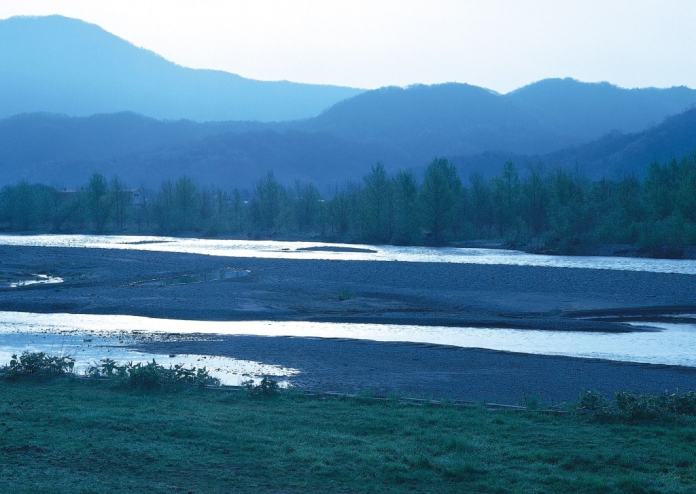The Palestinian Authority is in a bind, again. Prime Minister Salam Fayyad has only been able to pay his public servants half of their salaries this month and is not sure if there will even be that much come next month. President Mahmoud Abbas is already warning his people that strikes and protests will not bring any results and will only “harm what the PA has accomplished.” Instead, the president says he has called several Arab states which pledged funds to the PA but has yet to receive any hard cash.
This is the aforementioned bind. While the PA is expected to behave like a government, it lacks the fundamental elements that would allow it to function like any other authority of a sovereign state. Building up the state from its institutions is a well-intentioned plan and it can work on a number of levels. Schools can be restructured and improved, government buildings can be renovated and roads can be opened or repaved. However, this is all for naught if the money needed for this rebuilding is blocked from reaching the necessary bodies or if Israeli authorities prevent decision makers from getting together to decide on which way is best to move forward.
In short, state building can never be complete as long as the Israeli occupation is still in charge. When a “government” is made to live hand to mouth by being completely dependent on the assistance of others, nothing can compensate. This month is clear evidence of this shortcoming.
Our point of departure for pinpointing this particular dysfunction must be the Oslo Accords. The Palestinian Authority was, in theory, set up to be more of a caretaker authority for a set number of years before a real state is established. This, obviously, did not happen and the PA has been in place long after its official expiry date. While this in itself is not the basic problem –” there is nothing wrong with the Palestinians having an authority to help manage their affairs –” it is the fact that demands are being made on the Palestinian Authority as if it were a permanent body all the while denying this entity of any political and economic sovereignty.
Because of this unenviable dual role the PA is made to play, huge gaps between the authority and the people arise. The Authority has an employee payroll of around 150,000 people who largely depend on their salaries at the end of the month to provide for their family. In most other countries, civil servant salaries are relatively stable because they are backed by the state. With the Palestinians, this is not the case. On the contrary, if the PA does not receive the assistance promised to them by donor countries, government coffers quickly dissipate and the PA is faced with another awkward situation to explain to its people.
The nongovernmental organizations are not much better. Heavily, if not fully reliant on donor aid, the precarious existence of Palestinian institutions in the West Bank and Gaza is also the outcome of the ill-engineered Oslo Accords, which created fertile ground for a continuation of the Israeli occupation. Economic independence is something the Palestinians have yet to experience, not because they are incapable or because they are unwilling but because they have not been given the opportunity. The small realm in which Palestinian government money circulates is limited to specific targets and passes through specific hands. This, unfortunately, has also led to mismanagement and charges of corruption as well as a lack of transparency over where public funds are spent.
The fact of the matter is that Israel’s occupation must end for there to be any lasting normalcy for Palestinians. The superficial trappings of a state do not render long term results. A prime minister who may have a seemingly airtight plan on paper cannot implement it in full under an overriding hostile authority which has no interest in seeing a viable, economically and politically independent Palestinian state come into being. It is this “hostile authority” which must be removed, if not by the international community which has a moral obligation to do so then by popular [Palestinian] demand.
Israel’s occupation is untenable, there is no doubt. What is also untenable is the situation in which the Palestinians have found themselves. This is one reason why the Palestinians have decided to go to the United Nations for recognition. If the international community continues to appease Israel even in its most outrageous positions (barring people from flying out of Europe would qualify for this category), pushing the Palestinians further and further into a space where they cannot move, there’s no telling what will happen next. Because having to exist between a rock and hard place is really no way to live.


























